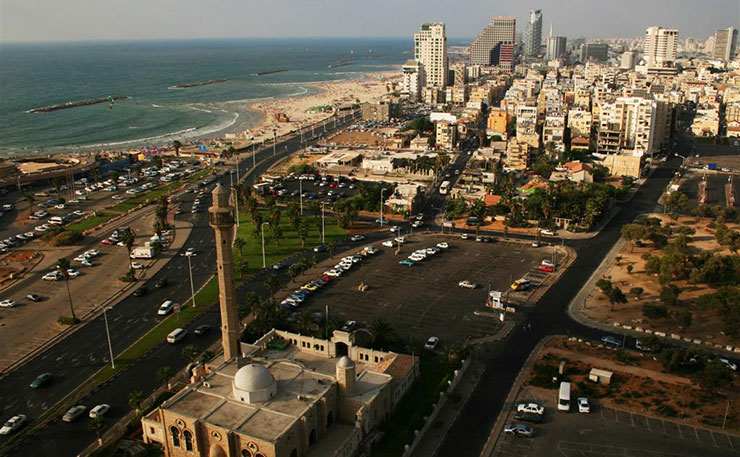After a three-year hiatus, direct peace talks between the Israelis and Palestinians are again upon us. The announcement is welcome on one level, but on another it symbolises a last gasp attempt by the US to implement the two-state solution. The decision also comes at a critical time in the region; less glamorous, smaller, more strategic decisions need to be made before any long-term peace deal has any chance of success. And should yet another high profile political manoeuvre fail the consequences are bleak indeed.
Over the past 12 months levels of instability and insecurity have risen in both Israel and Palestine. Further, the clock is ticking for Israel. Israel is, and has been for many years, in the drivers seat in the asymmetrical power relationship it holds with Palestine. However, the Knesset realises that it must make a deal with the Palestinians sooner rather than later, or the idea of a Jewish state will be undercut by having a majority Palestinian population. Lastly, virtually all of Israel’s borders are at greater risk today than at any time in decades due to tumult in Egypt, Syria, Lebanon and Jordan. Viewed in this light, some may argue that reaching a comprehensive political settlement is more strategically important than ever.
But unfortunately, many conditions for a third Palestinian intifada or uprising are already objectively in place: political discontent with the Palestinian Authority, lack of hope, economic fragility, increased violence and an overwhelming sense that security cooperation serves an Israeli and not Palestinian interest. It seems inevitable that at some point, probably in the near future, an unexpected event will trigger not simply a small demonstration or protest but a full-scale uprising.
Additionally, the last 12 months has seen a ratcheting-up of animosity on both sides of the conflict. These include Palestine’s recognition as a UN non-member with observer state at the UN in November last year. This was followed by the announcement of settlement building in the controversial E1 area just east of Jerusalem by Israel shortly afterwards and specifically in response to the UN vote. Hamas rockets were fired into Israel, protests erupted in Israel over the state of the economy (at their largest in September 2012), Palestinian prisoners detained by Israel went on hunger-strike (February and April 2013) and clashes between Palestinians and Israeli soldiers and settlers increased.
For now, Palestinians perhaps still see the current state of affairs as preferable to the unknown. But that could easily change. If peace talks were to sour, that could be the catalyst; Palestinians may decide their long-term interests and well-being would be better served by widespread civil disobedience and violence.
The result likely will differ from the second intifada, as the second differed markedly from the first. While steps towards direct peace talks are welcome and necessary, smaller steps need to be taken in the short term to inoculate Israel and Palestine from further turmoil. These include increasing the flow of goods to and from Gaza that are not a security risk, reinforcing the legitimacy of Palestinian institutions through funding and training, regularising the transfer of tax revenues to the Palestinian Authority by Israel, as well as greater efforts by Israel to rein in settler attacks against Palestinians and to curtail incursions by its security forces into ostensibly Palestinian-controlled areas. Efforts in this regard could help stabilise the West Bank, for now.
Palestine is stagnating. Its political, social, and economic institutions are either barely managing or slowly decaying. A society with governance bodies that lack the capacity to make laws, reform courts or pay its public servants hardly seems well placed to be moving toward any clear, comprehensive peace agreement.
Another destabilising event sooner or later is inevitable. As Nathan Thrall, a Middle East Senior Analyst with the Crisis Group suggests, “there is an understandable temptation to renew negotiations as a way to address, or at least distract attention from, the deep causes of rising West Bank instability. But a breakdown in talks would risk accelerating the very dynamics that the negotiations are meant to forestall”.
While a broad political settlement between Israel and Palestine is what we all dream of, only directed, short-term measures may be able to contain instability, prevent a third intifada and make a two-state solution an eventual possibility.
Donate To New Matilda
New Matilda is a small, independent media outlet. We survive through reader contributions, and never losing a lawsuit. If you got something from this article, giving something back helps us to continue speaking truth to power. Every little bit counts.




